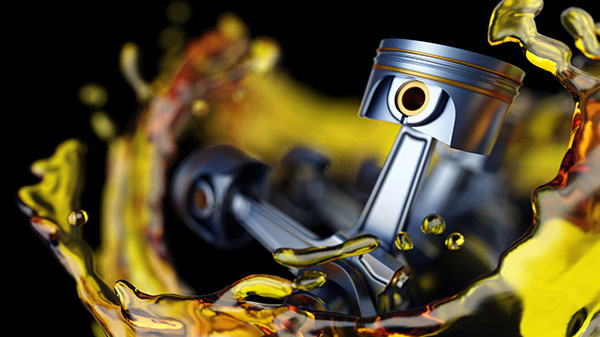Posted on 7/26/2024

Hybrid cars have taken the automotive world by storm, offering a blend of efficiency and performance that traditional gasoline vehicles can't match. As more drivers consider making the switch to a hybrid, understanding how these vehicles work and what kind of maintenance they require becomes crucial. We'll explain the mechanics of hybrid cars and explore whether their upkeep differs from conventional cars. The Inner Workings of Hybrid Cars At the heart of every hybrid car lies a combination of a traditional internal combustion engine and an electric motor. This dual system allows hybrids to optimize fuel efficiency and reduce emissions. But how exactly do these components work together? Hybrid cars typically operate in several modes. In low-speed, stop-and-go driving, the electric motor takes the lead, using power stored in the battery. This not only conserves fuel b ... read more
Posted on 6/27/2024

Fuel efficiency is a top concern for many car owners, especially with the ever-fluctuating prices at the pump. But did you know improving your car's fuel efficiency isn't just about saving money? It also means reducing your environmental footprint and ensuring your vehicle runs smoothly for years. So, how can you get the most miles out of every gallon? Let's explore some effective strategies to boost your car's fuel efficiency. Regular MaintenanceRoutine Oil Changes Changing your oil regularly is one of the simplest yet most effective ways to improve fuel efficiency. Fresh oil reduces friction in the engine, allowing it to run more smoothly and efficiently. Be sure to use the correct grade of oil recommended for your vehicle, as using the wrong type can negatively impact performance and fuel economy. Air Filter Replacement A clean air filter is crucial for optimal engine performance. Dirty or clogged air filters res ... read more
Posted on 5/29/2024

Have you ever wondered about the mysterious black box under your car's hood and what it does? That's the Engine Control Unit (ECU), a vital component responsible for controlling various aspects of your vehicle's performance. We'll shed light on ECU's functions and importance, highlighting its role in ensuring your car runs smoothly and efficiently. What is an ECU The Engine Control Unit (ECU) is essentially the brain of your car's engine. It's a computer system that monitors and regulates various parameters, including engine timing, fuel injection, ignition timing, and emission controls. Think of it as the central command center that orchestrates the intricate dance of combustion and propulsion within your vehicle's engine. How Does the ECU Work The ECU continuously collects data from various sensors located throughout the engine and other vehicle components. These sensors provide real-time information about factors ... read more
Posted on 4/27/2024

The frustration and inconvenience of a breakdown can be avoided if you recognize the warning signs of engine troubles early. We'll share five key indicators that your engine might be on the brink of leaving you stranded. 1. Strange Noises Your engine communicates with you through various sounds, and unusual noises can be a red flag. Listen for knocking, rattling, or grinding sounds, which could indicate issues like worn bearings, loose components, or internal damage. Ignoring these noises could lead to catastrophic engine failure. 2. Decreased Performance If your car struggles to accelerate, experiences sluggishness, or has reduced power output, it's a sign that something is amiss under the hood. Common causes include fuel system problems, ignition issues, or engine misfires. Addressing performance issues promptly can prevent more significant proble ... read more
Posted on 3/29/2024

Got a beast of an engine under the hood of your Dodge? Whether you're cruising in a Charger, flexing in a Ram, or tearing up the track in a Challenger, keeping that big engine in top shape is crucial for optimal performance and longevity. 1. Regular Oil Changes Oil is the lifeblood of your engine, and regular oil changes are non-negotiable when it comes to maintaining its health. Over time, oil can become contaminated with dirt, debris, and engine gunk, compromising its ability to lubricate and protect vital components. Make sure to stick to the manufacturer's recommended oil change intervals and opt for high-quality synthetic oils for maximum protection and performance. 2. Monitor Your Engine's Temperature Big engines mean big heat, and keeping your Dodge engine cool is essential to prevent overheating and potential damage. Keep an eye on yo ... read more